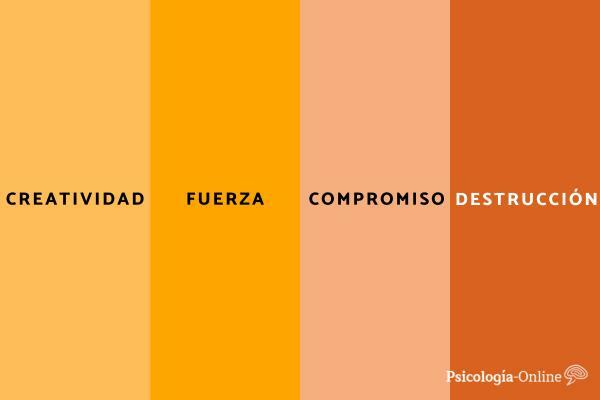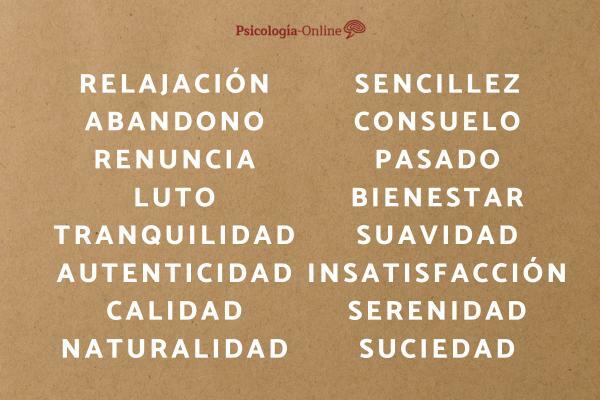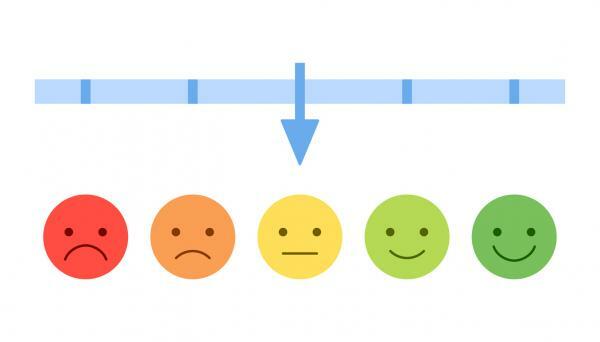
Reflection and questioning are two aspects that stand out in human relationships. In general, understanding what our thoughts are and questioning them can be a search for opportunities to develop activities or projects in everyday life. However, sometimes the answers given do not correspond to closed ideas about a particular topic. For this reason, the ability to doubt one's own and other people's concepts implies a particular way of seeing reality. Both philosophy and psychology have tried to reach conclusions about the function of this type of considerations to help people modify certain negative thought patterns, thus granting greater mental clarity.
In this section of Psychology-Online we will provide you with information about the Socratic dialogue in psychology: what it is, how it is applied and examples.
Index
- What is Socratic dialogue
- What is the use of Socratic dialogue in psychology?
- How Socratic dialogue is applied in psychology
- Examples of Socratic dialogue in psychology
What is Socratic dialogue.
Socratic dialogue is a conversation technique which is based on asking open questions to stimulate critical thinking and promote deep reflection. In psychology, this technique can be very useful to explore ideas, beliefs and emotions in more detail.
This method of investigation and questioning of ideas was proposed by the Greek philosopher Socrates, who was interested in expanding ideas about reality. in turn, the Socratic dialogue proposes an open exchange between various members of a community with the purpose of seeking the truth. In this way, it is possible to delimit certain forms of thought and behavior that arise when questioning ideas.
In the following article we explain How to eliminate negative thoughts.
What is Socratic dialogue for in psychology?
Socratic dialogue in psychology serves as an effective tool to encourage deep reflection and authentic understanding in the individual. This can help identify and challenge negative beliefs or thought patterns, thereby promoting positive change and personal growth.
Furthermore, the Socratic dialogue facilitates empathetic communication between the therapist and the patient, creating an environment of trust and openness that is essential for the therapeutic process.
In this section we will describe the main uses of the Socratic dialogue method in the context of psychology:
- Delete specific objectives: When it comes to having a conversation between two or more people, the implementation of achieving objectives often hinders rationalization and reflection. In these cases, the proposal of establishing a Socratic dialogue allows for greater open-mindedness.
- Promote reflective capacity: with the help of practical everyday resources, we seek to engage in critical thinking that encompasses global situations.
- Foster human growth: when a person has thoughts that negatively interfere with the development of his or her life, the intervention that occurs in the Socratic dialogue denotes positive conclusions.
- Improve communication: Through speech that is understandable, people can understand each other and channel more efficient communication channels.

How Socratic dialogue is applied in psychology.
This invention not only covers the field of philosophy, but can also be displaced in other areas of knowledge. To provide greater clarity on this topic, below we will develop how Socratic dialogue is applied in psychology:
- Maieutics: consists of the ability to develop ideas with the help of someone who is the interlocutor. For this reason, the Socratic dialogue requires a return that functions as a starting point to reach pertinent conclusions.
- Open questions: this dialogue does not seek to obtain a univocal answer that prevents reflection, but rather the interlocutor chooses to resort to questions that allow an expansion of the concepts that are deploy.
- Questioning of principles: based on the arguments that a person provides, it is possible to question them so that the person can modify their thoughts.
- Approaching ideas: through a critical and objective stance, other perspectives begin to emerge about situations, emotions and thoughts that provide clarity to whoever is being disputed.
- Provisional conclusions: Socratic dialogue does not seek to adopt a closed thought that does not vary depending on the context that occurs. On the contrary, these conclusions allow maintaining a flexible nature that can be adjusted if necessary.
If you want to know more about other methodologies, in this article we explain What is the empty chair technique and how to apply it.
Examples of Socratic dialogue in psychology.
To specify the applications of these concepts in everyday life, it is necessary to understand their uses. A first example of Socratic dialogue would be that of a person who has a firm conviction that his environment manipulates him emotionally and that he thinks that no one can help him with his problems. When you go to your psychological session, the therapist can give you questions that invite you to reflect. In this case, you could question the reasons for his conviction and help him understand the actions he takes to allow this manipulation.
Another example of Socratic dialogue could be that of someone who believes he is not successful with the work ventures he initiates. When talking about this topic in your therapeutic space, the intervention could be linked to considering another type of thinking. For example, one of the questions might refer to considering your responsibility instead of success.

This article is merely informative, at Psychology-Online we do not have the power to make a diagnosis or recommend a treatment. We invite you to go to a psychologist to treat your particular case.
If you want to read more articles similar to Socratic dialogue in psychology: what it is, how it is applied and examples, we recommend that you enter our category of Social psychology.
Bibliography
- Partarrieu, A. (2011). Socratic dialogue in cognitive psychotherapy. III International Congress of Research and Professional Practice in Psychology. XVIII Research Conferences, 7th meeting of MERCOSUR Psychology Researchers. Faculty of Psychology, University of Buenos Aires.


